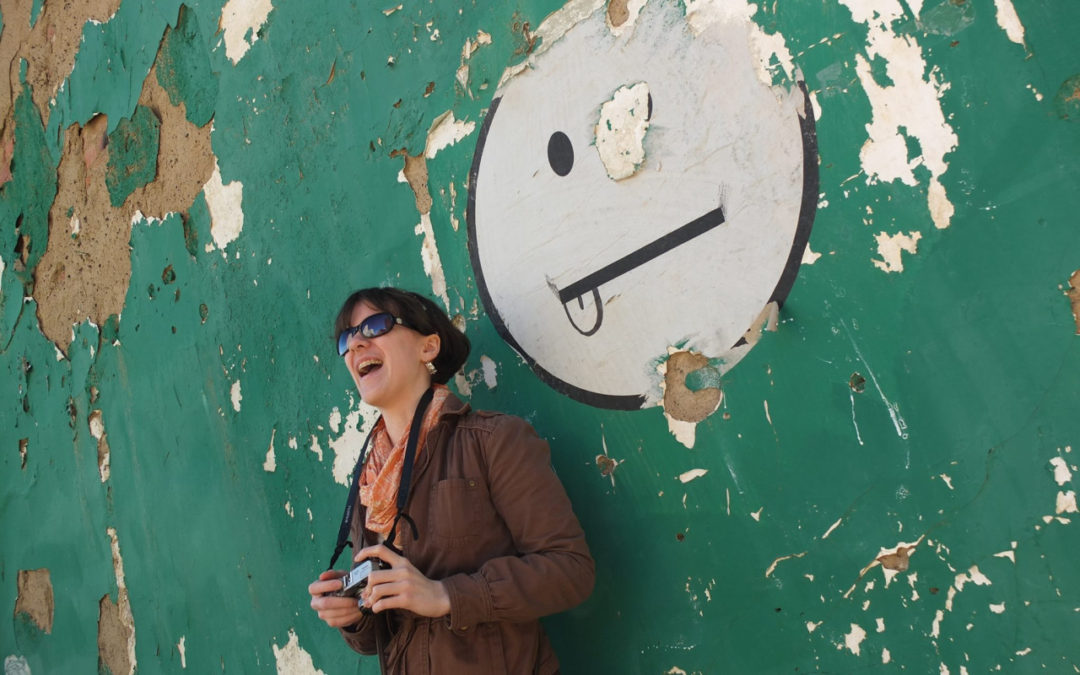I was asked by a few recently out of college friends about how they could get a start in photography and what my ‘Associates’ program is all about. Here’s what I said:
I encourage young photographers to send along links to their work online so I can see the range of what they do and tell me the things they like most to shoot.
Official ‘Associates’ have a pretty good amount of experience and then ‘young’ associates are ready to be second shooters with an eye toward long-term growth into full Associates. Associates have to be available lots, so they must have a flexible work schedule if they aren’t full time. If I ask someone a few times to assist me or work on a project, and they can’t, I have to move on.
I don’t have a huge formal system, just when someone is really ready to do the work, I give them some things, starting with shooting along side me on ‘safe’ shoots.
You do need a full camera kit, long lenses, solid flash, etc too.
My best advice is to shoot tons and keep talking to people about what you want to do. For theater, volunteering to do high school shows, community theatre, christian theatre, student theatre, etc… people who having someone come is a bonus and you get experience. You might have to donate until you can show your work is at ‘pay’ level.
The trick is donating some to start and tactfully pulling the plug before that’s all you do. Maybe telling someone you’ll volunteer for a season, etc.
Have a great web site of your photos, use Flickr, facebook, etc.
Find out what you are passionate about shooting and good at. Don’t shoot sports if you hate sports (well, do it some for money, but focus elsewhere).
Have a good business card too, to represent yourself well. I like Moo.com cards with my photos.
Learn all you can. Lots of online resources like Strobist
Flickr’s learning groups, DVDs like from PhotoVision.
Blogs, podcasts, etc… and just shoot, shoot, shoot.
And shoot in as many ‘real’ situations as you can. The paid work comes more from practical events like photo stories, events (which you can cover on your own, like some of your college Alumni receptions, tours, etc), Awards events, speakers giving presentations, famous people touring, etc.
Learn your camera and lighting really well to and how to prep the images to high quality.
